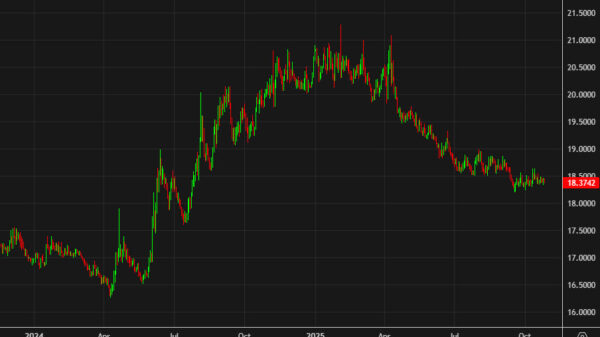New research has revealed a concerning link between the consumption of diet soda and an increased risk of liver disease. A comprehensive study involving nearly 124,000 individuals found that even one daily serving of artificially sweetened beverages can elevate the likelihood of developing nonalcoholic fatty liver disease, also known as metabolic dysfunction-associated steatotic liver disease (MASLD). This condition is characterized by the accumulation of fat in the liver, which can lead to inflammation, discomfort, fatigue, and reduced appetite.
The findings, published in March 2023, highlight the troubling reality that MASLD is becoming the most prevalent chronic liver disease globally. According to the Global Health Organization, over 30 percent of the world’s population is now affected, making it a leading cause of liver-related mortality.
This study challenges the common perception that switching to diet sodas is a healthier choice. Researchers noted that the artificial sweeteners used in these beverages, often perceived as a better alternative to sugar, may contribute to metabolic issues. The study’s authors emphasized the need for further investigation into how these sweeteners impact liver health and overall metabolic function.
The implications of this research are significant for public health. As more people opt for diet sodas in an effort to reduce sugar intake, the potential risks associated with these drinks may be overlooked. The study serves as a reminder for consumers to consider the long-term effects of their dietary choices.
In addition to its physical consequences, MASLD is associated with a range of health issues that can affect daily life. Patients may experience symptoms such as chronic fatigue, pain in the upper abdomen, and a notable loss of appetite. These factors can diminish quality of life and complicate existing health conditions.
As the prevalence of liver disease continues to rise, health experts are urging a reevaluation of dietary habits, particularly concerning artificially sweetened beverages. Public health campaigns may need to address the misconceptions surrounding diet sodas and their purported health benefits.
In conclusion, while opting for diet drinks may seem like a harmless choice, evidence suggests a potential risk to liver health that warrants serious consideration. Individuals are encouraged to stay informed about their dietary choices and consult healthcare professionals regarding the best practices for maintaining liver health.






































































